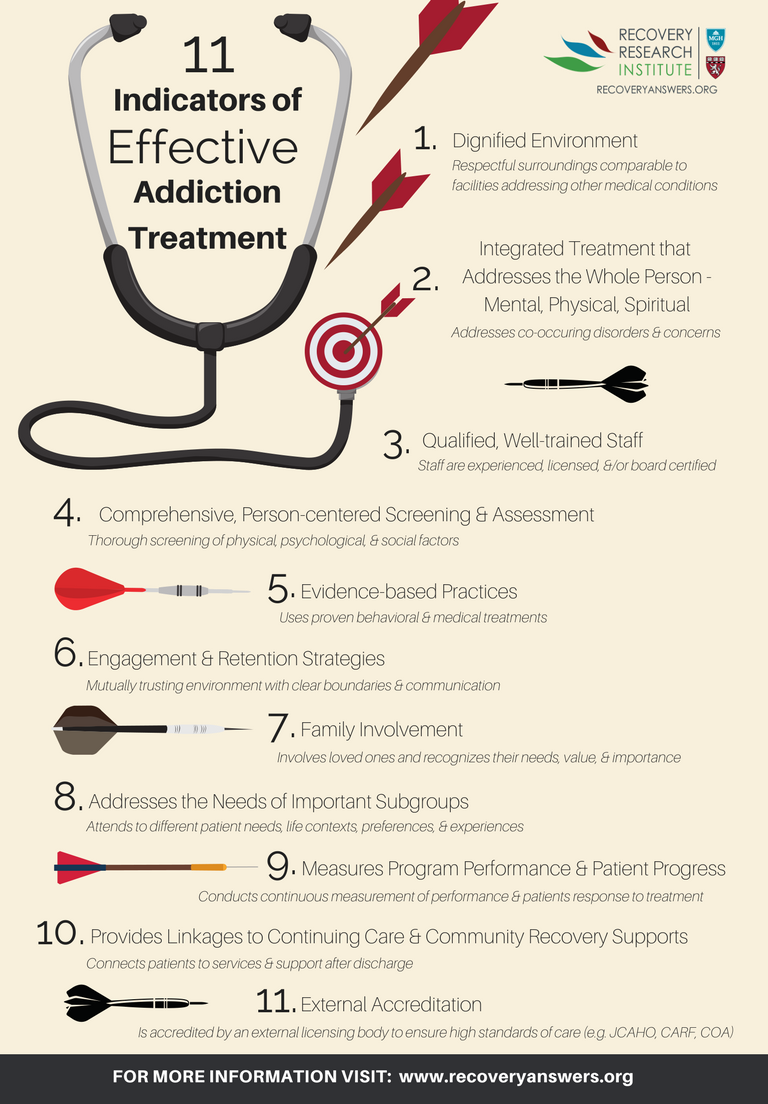

Classic signs of addiction include compulsive engagement in rewarding stimuli, preoccupation with substances or behavior, and continued use despite negative consequences. This phenomenon – drugs reshaping brain function – has led to an understanding of addiction as a brain disorder with a complex variety of psychosocial as well as neurobiological (and thus involuntary) factors that are implicated in addiction's development.

Repetitive drug use often alters brain function in ways that perpetuate craving, and weakens (but does not completely negate) self-control. tolerance – the diminishing effect of a drug resulting from repeated administration at a given doseĪddiction is a neuropsychological disorder characterized by a persistent and intense urge to use a drug, despite substantial harm and other negative consequences.substance use disorder – a condition in which the use of substances leads to clinically and functionally significant impairment or distress.sensitization – an amplified response to a stimulus resulting from repeated exposure to it.rewarding stimuli – stimuli that the brain interprets as intrinsically positive and desirable or as something to approach.reinforcing stimuli – stimuli that increase the probability of repeating behaviors paired with them.psychological dependence – dependence that involves emotional–motivational withdrawal symptoms (e.g., dysphoria and anhedonia).physical dependence – dependence that involves persistent physical– somatic withdrawal symptoms (e.g., fatigue and delirium tremens).drug withdrawal – symptoms that occur upon cessation of repeated drug use.drug sensitization or reverse tolerance – the escalating effect of a drug resulting from repeated administration at a given dose.dependence – an adaptive state associated with a withdrawal syndrome upon cessation of repeated exposure to a stimulus (e.g., drug intake).addictive drug – psychoactive substances that with repeated use are associated with significantly higher rates of substance use disorders, due in large part to the drug's effect on brain reward systems.addiction – a biopsychosocial disorder characterized by persistent use of drugs (including alcohol) despite substantial harm and adverse consequences.Psychiatry, clinical psychology, toxicology, addiction medicineĪddiction and dependence glossary Brain positron emission tomography images that compare brain metabolism in a healthy individual and an individual with a cocaine addiction


 0 kommentar(er)
0 kommentar(er)
